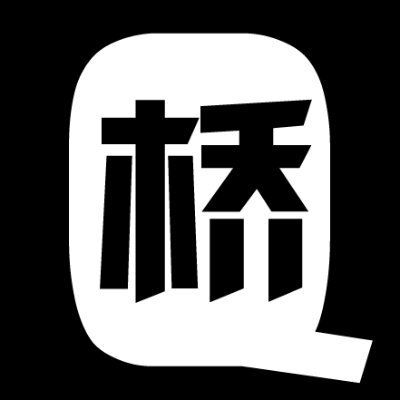Video Lecture: Is China Imperialist? On Chinese Internationalism and Anti-Imperialism
Qiao Collective partnered with the Party for Socialism and Liberation to present a 1.5 hour class focused on the principles and evolution of socialism with Chinese characteristics.
The class touched on common questions and controversies such as:
- China’s approach the internationalism
- China’s foreign policy philosophy
- China and the South China Sea
- China and Taiwan
- China and Hong Kong
- China and Xinjiang
As China’s global rise rivals U.S. hegemony, the number one priority of U.S. foreign policy is wage a demonization campaign against China. Since the Obama administration announced the Pivot to Asia, the U.S. has spent countless military dollars in the Pacific to encircle China. While the demonization and propaganda campaign against China has been at an all time high, the unforeseen COVID-19 pandemic has only exacerbated the anti-China narrative.
As the outrageous, demonization campaign against China continues to grow amidst this crisis, The Party for Socialism and Liberation, in partnership with the Qiao Collective, is putting forth a five-part class series on China. The course will examine the construction of modern day China in the context of global imperialism, starting from the very first Opium war between China and Britain in the early 1800s. Imperial China, which was one of the most advanced civilizations of the world, quickly became a country looted and torn apart by many imperialist nations who wanted a piece of the pie. The course will examine China’s century-long national liberation struggle and the construction of socialism. The purpose of the class is to provide the necessary context for understanding modern China today, especially under the weight of U.S. imperialism.
